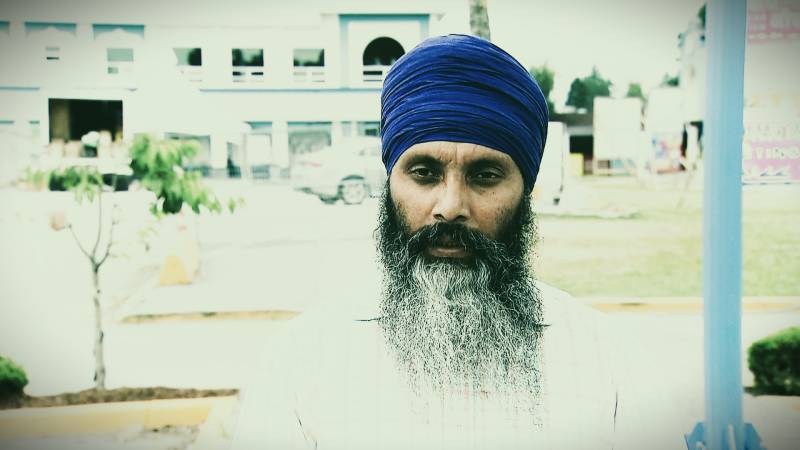
Canada on Monday expelled an Indian diplomat to Ottawa over suspected links to the murder of Khalistan, Sikh Community Leader and Canadian citizen Hardeep Singh Nijjar.
Speaking on the floor of the Canadian parliament in an emergency session on Monday, Trudeau stated that the "involvement of any foreign government in the murder of a Canadian citizen on Canadian soil is an unacceptable violation of our sovereignty."
He urged New Delhi "in the strongest possible terms" to avail the option of cooperating with Canadian authorities to clear the matter.
Soon after, Canadian Foreign Minister Melanie Joly confirmed that the head of the intelligence unit inside the Indian High Commission had been expelled.
"Allegations that a representative of a foreign government may have been involved in the murder of a Canadian citizen here in Canada, on Canadian soil... are totally unacceptable," Joly said, as she stopped short of naming the official in line with diplomatic norms.
"Therefore, today, we have expelled a senior Indian diplomat from Canada."
Murder or assassination?
Nijjar had been gunned down outside a Gurudwara in a suburb of Vancouver in June. The area hosts one of the largest concentrations of Sikhs in Canada and was at the heart of the referendum for Khalistan last year.
His funeral turned into a procession attracting a large number of local Sikh community members carrying the Khalistan flag.
In response to the referendum, New Delhi had declared Nijjar a wanted terrorist. India accused Nijjar of being involved in alleged terror attacks. Nijjar had denied the allegations.
His death remained shrouded in mystery. But Trudeau's statement on Monday clearly pointed the finger at New Delhi.
Tensions between Canada and India have been simmering over the Khalistan referendum and the activities of Sikh separatists. Nijjar's murder added an extra dimension to Canada-India relations during the G20 summit held in New Delhi earlier in the month.
A bilateral meeting between Indian Prime Minister Narendra Modi and Trudeau culminated in a terse statement where the former raised "strong concerns about continuing anti-India activities of extremist elements in Canada".
Canada responded by suspending talks on a trade agreement.
After Monday's statement, Trudeau vowed to defend "freedom of expression, freedom of conscience and freedom of peaceful protest" as it acts against hatred.

